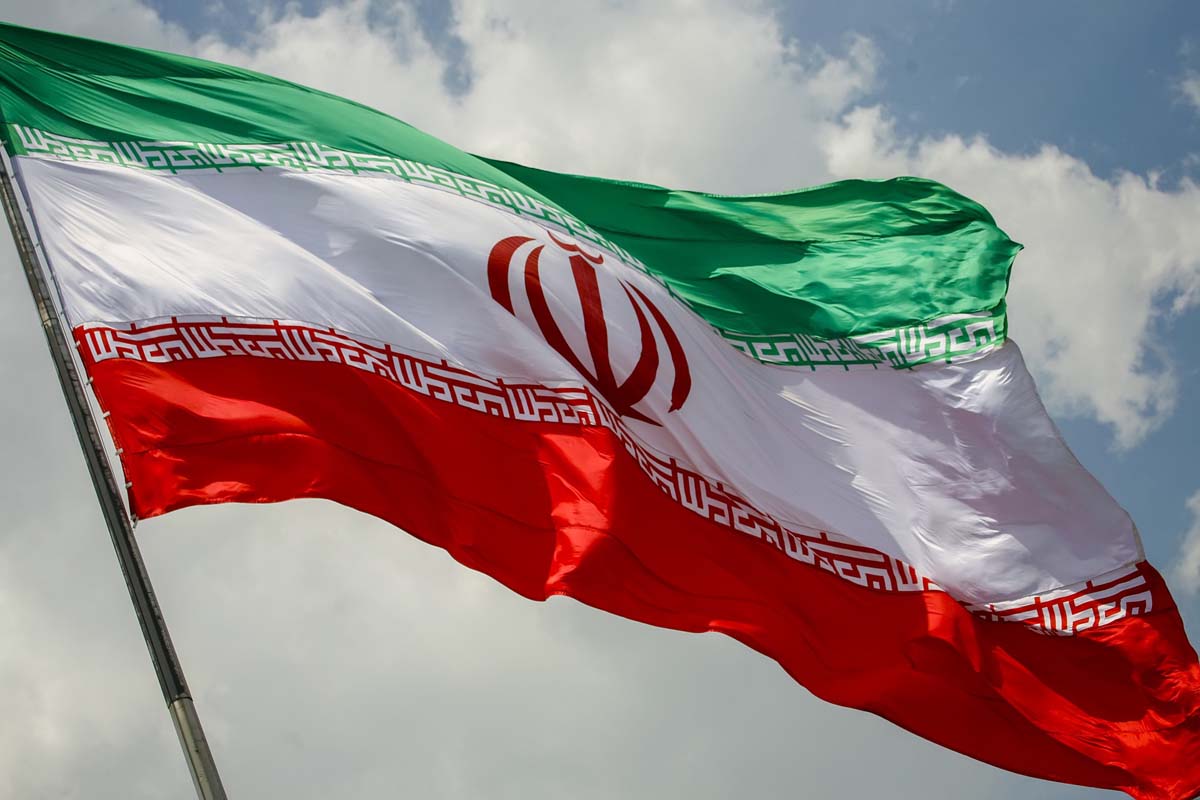
403
Sorry!!
Error! We're sorry, but the page you were looking for doesn't exist.
Airstrike by Israel on Iranian territory sparks considerable debate
(MENAFN) The recent airstrike by Israel on Iranian territory has sparked considerable debate, yet it does not signify the conclusion of hostilities as some reports may suggest. The focus has now shifted to Tehran, where the Iranian regime faces pivotal decisions regarding its response: whether to retaliate, the magnitude of that retaliation, and the timing of any actions taken. Early reactions from Iranian officials indicate a growing readiness to confront Israel. Key questions loom regarding whether Iran will opt for a restrained approach aimed at de-escalation or if it will choose to act decisively before the forthcoming U.S. presidential election, scheduled to take place in just eight days.
In light of the potential for Iranian retaliation, Israel has heightened its security measures. The U.S. military presence in the region remains on high alert, with systems such as the Terminal High Altitude Area Defense (THAAD) missile battery prepared for any escalation. Reserve General Tamir Hayman, who leads the Institute for National Security Research and previously headed IDF intelligence, pointed out that the statements emerging from Tehran are intended to grant Supreme Leader Ali Khamenei maximum leeway in his decision-making. Hayman emphasized that this ambiguity allows Khamenei to assess the evolving situation without feeling undue pressure.
An important factor shaping Iran's response will be the domestic sentiment among its populace. Many citizens are already grappling with economic hardships and limitations on freedom of expression, yet they continue to perceive their nation as a formidable power capable of defending itself against threats. The missile launches that followed the airstrike—marking the first such occurrences since the conclusion of the Iran-Iraq war in the late 1980s—could potentially erode public confidence and compel Khamenei to consider a more aggressive response, although the nature of that response remains unclear.
Simultaneously, Israel's security establishment is closely evaluating the ramifications of the airstrike on Iranian military capabilities. Early evaluations are reportedly optimistic; the Israeli Air Force, relying on accurate intelligence and meticulous planning, appears to have successfully targeted Iran's strategic surface-to-air missile systems. This strike may have compromised Iran's detection capabilities in the western part of the country and could disrupt missile and drone production for a significant duration. Reports indicate that essential components for ballistic missile manufacturing, such as 12 "planetary mixers," were destroyed during the operation.
As Iran deliberates its next steps, the dynamic interplay between domestic pressures and external threats will play a crucial role in shaping the regime's strategy. Both nations remain on high alert, and the situation continues to evolve, keeping the international community watchful for further developments.
In light of the potential for Iranian retaliation, Israel has heightened its security measures. The U.S. military presence in the region remains on high alert, with systems such as the Terminal High Altitude Area Defense (THAAD) missile battery prepared for any escalation. Reserve General Tamir Hayman, who leads the Institute for National Security Research and previously headed IDF intelligence, pointed out that the statements emerging from Tehran are intended to grant Supreme Leader Ali Khamenei maximum leeway in his decision-making. Hayman emphasized that this ambiguity allows Khamenei to assess the evolving situation without feeling undue pressure.
An important factor shaping Iran's response will be the domestic sentiment among its populace. Many citizens are already grappling with economic hardships and limitations on freedom of expression, yet they continue to perceive their nation as a formidable power capable of defending itself against threats. The missile launches that followed the airstrike—marking the first such occurrences since the conclusion of the Iran-Iraq war in the late 1980s—could potentially erode public confidence and compel Khamenei to consider a more aggressive response, although the nature of that response remains unclear.
Simultaneously, Israel's security establishment is closely evaluating the ramifications of the airstrike on Iranian military capabilities. Early evaluations are reportedly optimistic; the Israeli Air Force, relying on accurate intelligence and meticulous planning, appears to have successfully targeted Iran's strategic surface-to-air missile systems. This strike may have compromised Iran's detection capabilities in the western part of the country and could disrupt missile and drone production for a significant duration. Reports indicate that essential components for ballistic missile manufacturing, such as 12 "planetary mixers," were destroyed during the operation.
As Iran deliberates its next steps, the dynamic interplay between domestic pressures and external threats will play a crucial role in shaping the regime's strategy. Both nations remain on high alert, and the situation continues to evolve, keeping the international community watchful for further developments.

Legal Disclaimer:
MENAFN provides the
information “as is” without warranty of any kind. We do not accept
any responsibility or liability for the accuracy, content, images,
videos, licenses, completeness, legality, or reliability of the information
contained in this article. If you have any complaints or copyright
issues related to this article, kindly contact the provider above.
















Comments
No comment